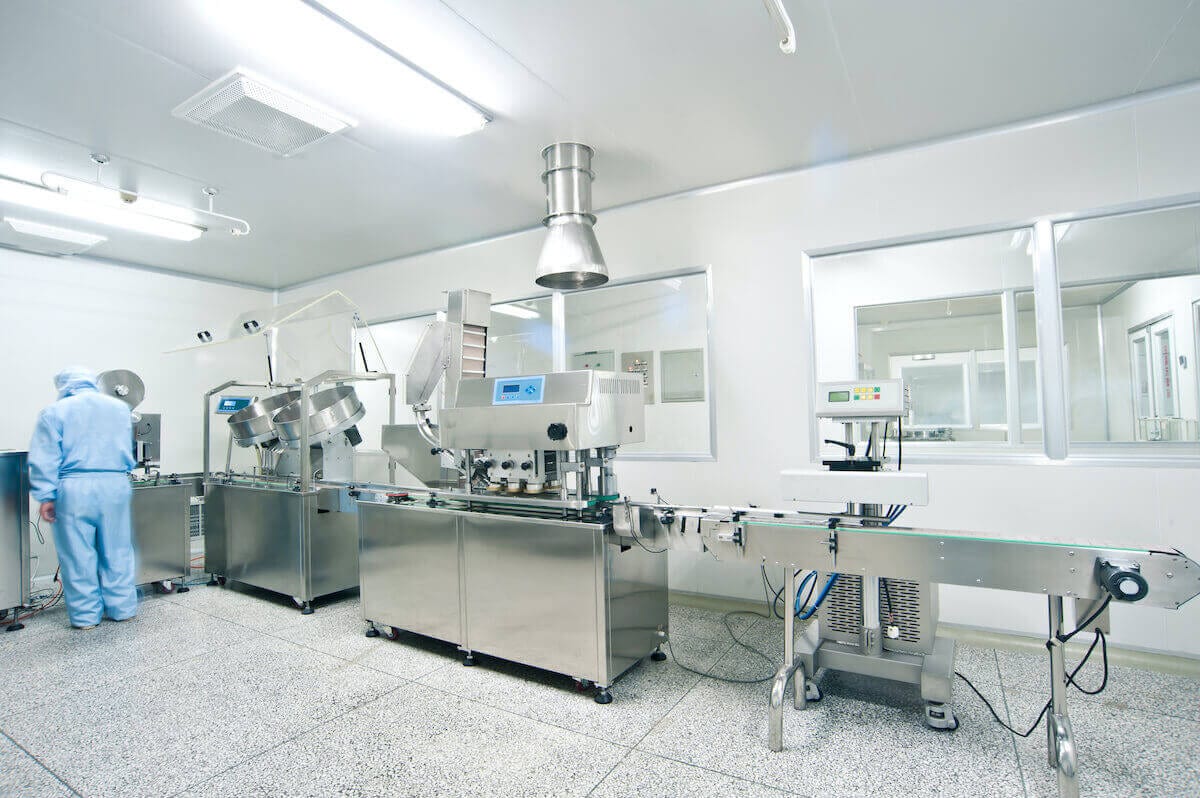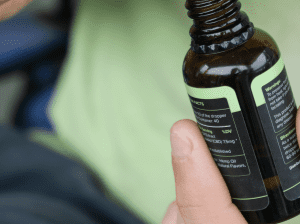The hemp industry is evolving quickly and accountable product testing labs such as Steep Hill are investing in state-of-the-art technology to ensure the most precise cannabinoid potency test results. States are also starting to implement stricter guidelines which force hemp businesses to test their products with accredited labs. But, huge problems still remain. First off, there are no nationwide industry regulations or standards. Different states have different labs and rules and they also use different machines and methods. Deficiency of standardization leaves room for mistakes, and the lack of legal clarification leaves room for bad practices. Members of the local media are making matters ten times worse by placing all their trust in the testing labs while casting a negative light on the products and manufacturers they review. The problems with potency testing in the hemp industry are extensive, but there are some ways we can make things better.
Why There Are So Many Problems With Potency Testing In the Hemp Industry
Along with problems in testing, cannabinoids are just not your typical compounds. Inevitably, some level of deviation is expected and normal. But, what exactly is going so wrong for so many companies, consumers, the public and the media when it comes to understanding the amount of cannabinoids inside specific hemp products?
Testing centers use various protocols and equipment, which may skew cannabinoid potency testing. GC (Gas Chromatography) is significantly more cost effective and easier, but normally less precise because of the way it analyzes the samples. GC utilizes a Flame Ionization Detector to warm the samples, which may result in cannabinoid degradations and alterations. Have you ever wondered why your products keep testing just shy of the milligram strength you expect? Perhaps it is because labs that use GC literally destroy some of your cannabinoids during the testing process!
Making matters worse, GC tests must include another item of equipment to correctly recognize the cannabinoids. This procedure, called Derivatization, is subject to error and hard to validate. Unlike Gas Chromatography, High Performance Liquid Chromatography (HPLC) can easily identify and measure cannabinoids without heating the sample by using an infrared wavelength detector. HPLC is the Gold Standard of analyzing and is the process we believe labs should utilize for all potency evaluations at this time.
Without strict testing procedures in place, the hemp industry will need to manage an uncertainty which affects everybody from growers to customers for a long time to come. Small mistakes in testing can lead to huge errors on lab reports. With lack of clarity, consumer and media confusion skyrockets. This can lead to large losses for companies doing nothing wrong.
Local News Outlets Perpetuate Confusion and Do Harm to the Hemp Industry
Countless news stories about products that “don’t have the amount of CBD they claim” are popping up online and even on local television news outlets. These reports display a thin view of the business that doesn’t even begin to scratch the surface of the Real problem. Consider the following local news stories: https://www.wthr.com/article/cbd-oil-are-you-get-what-you-are-paying-for-indiana and https://www.wkyc.com/article/news/investigations/new-research-shows-the-majority-of-cbd-products-dont-measure-up/95-c1192782-66be-4ed7-b85a-60cf5afe5390. Both of these stories completely miss the problem at hand. Often, the lab reports are not even close to being accurate! At a time when hemp is relatively new and consumer cynicism already runs rampant, we find this type of reporting to be especially harmful to a growing, legal industry like ours.
What We Can Do About The Problems
We need to use critical thinking to detect bias and make sense out of what we see and hear. That goes for what we read from hemp companies, on analytic lab reports, and in the news. Although the immediacy and visual impact of certain data sets may seem convincing, we have to use caution and judgment to interpret the information they present. Don’t depend on just one single source for data. Compare what different companies, analytics labs, and media outlets say about an issue before making up your mind.
Educate the public and the media that a lab test is exactly that, a test. Lab tests are supposed to be based on science, but that doesn’t mean human error or mechanical error isn’t involved.
Finally, go with a company that goes the extra mile. A reputable company like Fresh Bros. uses multiple labs to test the same batches. With multiple certificates of analysis (COA), we achieve a fuller spectrum of data than most companies. From the raw materials we use, to the finished products we wholesale and retail, Fresh Bros. is committed to providing transparency and excellence in our craft.
For a deep dive examination of any of our products, email: markets@freshbros.com. Use the subject header: “Deep Dive Exam”. Leave your name and phone number and the products you wish to explore. We will respond within 24 hours.





